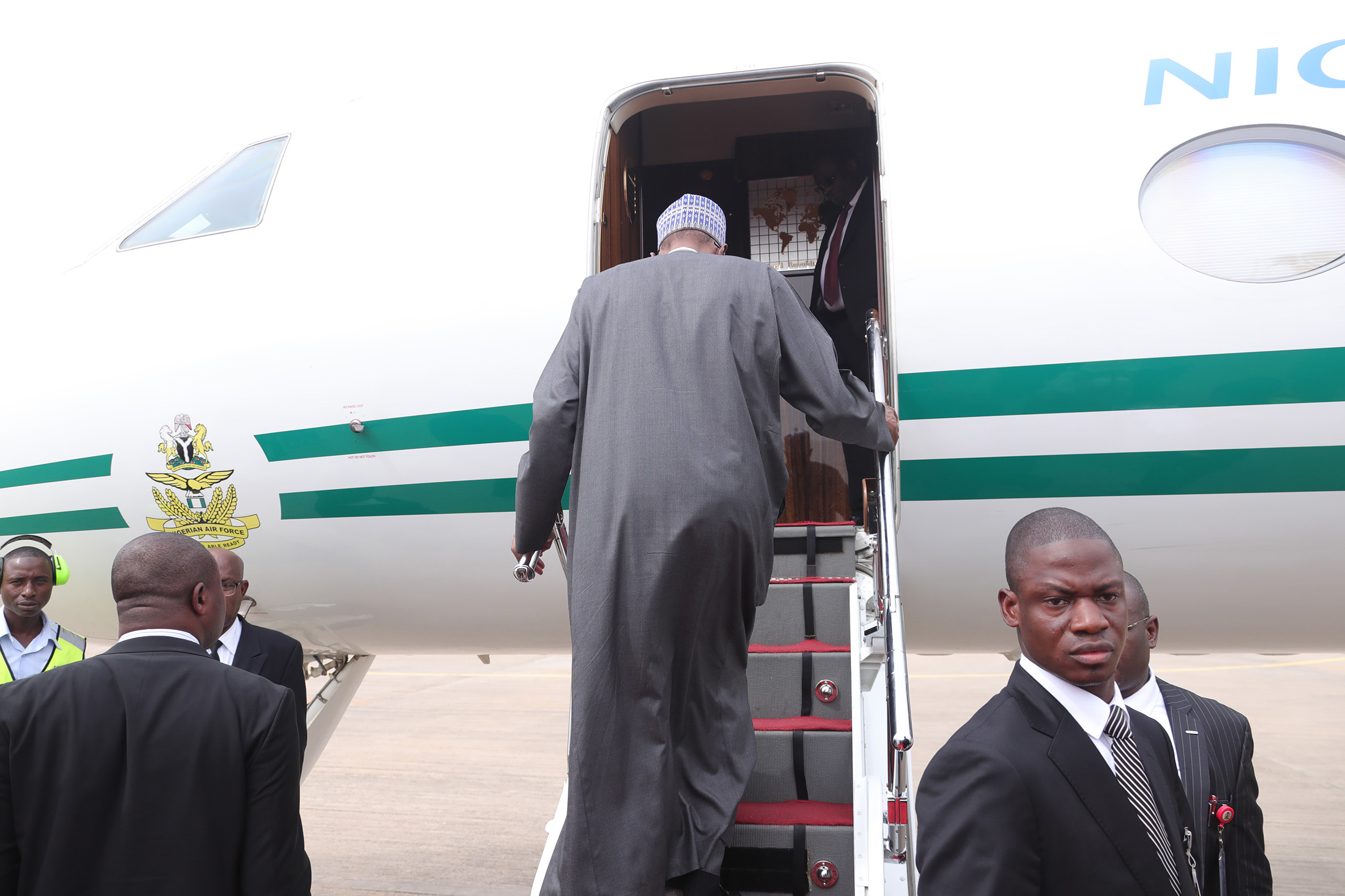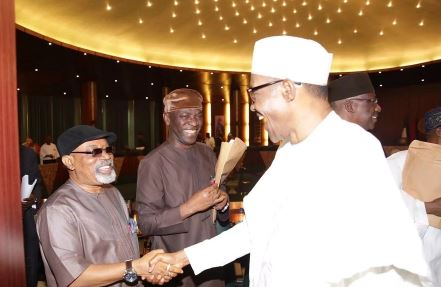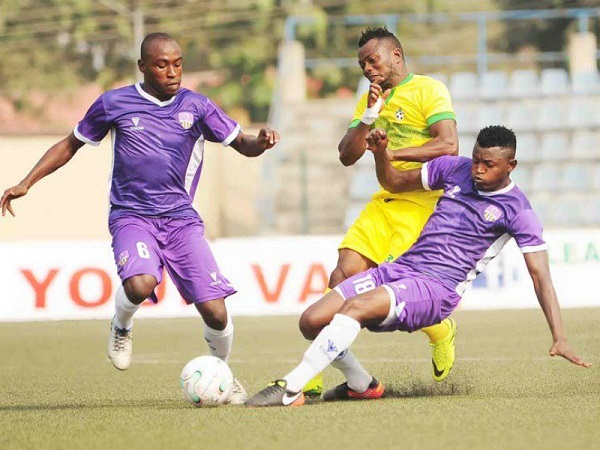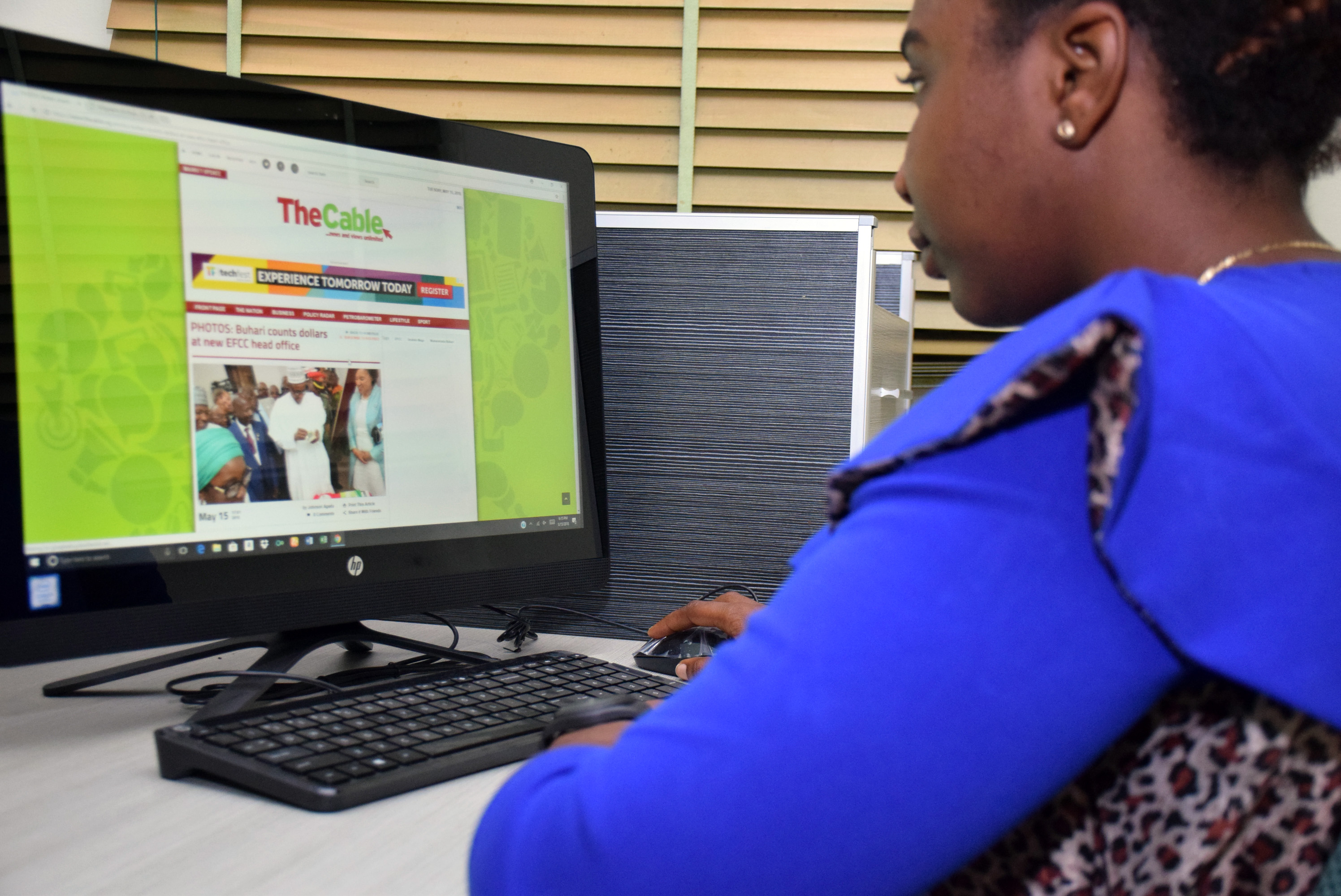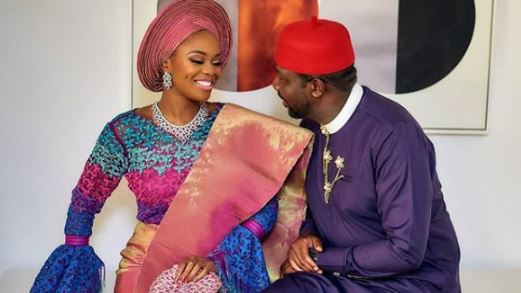PRESIDENT BUHARI DEPARTS FOR UK 1. President Muhammadu Buhari depart Abuja for United Kingdom from the Presidential wing of Nnamdi Azikiwe International, Abuja. PHOTO; SUNDAY AGHAEZE. MAY 8 2018
It will seem that again, Nigeria is back to the narrative of her President’s health. Senior Special Assistant on Media to President Muhammadu Buhari, Garba Shehu, had on Monday issued a press release intimating the public of the president’s itinerary. He would be absent from the country for four days to attend to his health in the United Kingdom, so said the presidential aide.
And the narrative crept back into public discourse. About a week earlier, tongues had gone wagging when the presidential jet, en-route Nigeria from a visit to President Donald Trump of the United States of America, had stopped over in London. Same Shehu’s explanation for the stopover had got the public curious. The spokesman had said that Buhari’s detour to the United Kingdom was due to a “technical stopover;” whatever that meant.
Nigeria had trodden this sickening and sick path before in late President Umaru Yar’Adua. Of a truth, health situations of presidents all over the world are always a central issue in nations’ politics. Since the time when President Buhari’s inactivity and inexplicable absence from the radar of public activities in the early months of his presidency provoked the rumour of his ill-health, Nigeria has gone back and forth again on the swing of its own politics of the president’s health. At some point, it was the singular most talked about national issue. Twice, Buhari had to excuse himself out of the Aso Rock Villa to attend to his health in the UK. Indeed, during the second time, he was so sufficiently harangued, enough to transmit power to his vice.
Buhari and Umaru Yar’Adua’s health issues had precedents in the United States. Woodrow Wilson, for instance, at the thick of a campaign to promote the Treaty of Versailles across the US in 1919, suffered a severe stroke which immobilized him till the end of his presidency. He was shielded by his second wife Edith, who acted as a concierge between him and his cabinet, a role comparable only to that offered by Hajia Turai to Umaru. So also was Franklin Roosevelt. Diagnosed in 1921 with polio while he was president at age 39 and with his ailment literally paralyzing him, Roosevelt served 12 consecutive years as US president and avoided a public disclosure of his health problem. And Dwight Eisenhower, whose presidency swivelled on a tripod of major medical crises. For instance, in September 1955, Dwight suffered a heart attack which tethered him for several weeks at the infirmary. Few months after, he came under the surgeon’s knife for a Crohn’s disease, an inflammatory condition of the intestine, while a stroke in late 1957 rendered him temporarily unable to speak. Others were J.F. Kennedy, Ronald Reagan and George W. Bush.
Advertisement
Buhari’s absence from public glare upped national anxiety. Nigeria, which was standing ramrod and motionless even when the president was home, suffered remarkable stasis. Nothing was moving. You could touch and feel hopelessness in the land. The country was swivelling from immobility to chaos as no one was in charge. There was palpable apprehension that our age-long nemeses – men in green overall – were making last-minute preparations to walk a route through which they had shuffled their feet interminably and had acquired wide-ranging notoriety.
Official position of the president’s health was so sickening that a recount here would bring back a disgusting crave to puke. Some presidential lickspittles claimed that Buhari was merely on vacation; others went on a binge of deceit which infuriated the people. All that the nation was treated to were tissues of lies and speculations. To reduce a nation’s president’s health status to guess-work and a fertile weapon for gossip was the height of national insult and insensitivity. Buhari himself however came back to Nigeria and publicly acknowledged that he was so sick that he underwent blood transfusion. But what ailed him, no one can tell till today.
Within this period, Nigeria was treated to one huge literature of public discourse on what should happen to a president who ails. Even though Nigerians were appreciative that Buhari came close to what exactly afflicts his health, mum has been the word on the actual nature of our president’s health. This has given room for permutations and concoctions. While some swore by their mothers’ graves that Buhari’s ailment was cancer; others said he had an organ functional swing. The theories on the Nigerian president’s health are as varied as the colours of a rainbow.
Advertisement
But, why would the state of our president’s health be subjected to such a cult-like shroud? It seems to occur to me that the problem is basically African in origin. In traditional African society, there was an attempt to make kings answerable to their affiliation of being next to God, the creator or, if you like, as deputies of God on earth. Thus, they were clothed with the raiment of God, the most easily accessible being God’s infallibility. The king could do no wrong; he was all-knowing, he was incapable of making mistakes that ordinary mortals make and most essentially, he was incapable of ailing like mere commoners. Since presidents, governors, ministers and other highly placed persons in positions of authority today have similar power, majesty and glory as kings of yore, seeing themselves as the Kabiyesis seems in order. So the President is incapable of ailing like ordinary mortals. He is above human frailties and should be padded in celestial niceties.
If we were a people who learn from their mistakes, the Buhari health drama shouldn’t have arisen a second time. Late President Yar’Adua pioneered the inanity. Shortly after he assumed office, the Katsina-born president suddenly began to ail very badly. He was kept from public gait. Several lie-coated defences were offered for his absence. It went so bad that then First Lady, Hajia Turai, her children and only very privileged coterie of family members had access to him. His health suddenly relapsed and he had to be freighted in an air ambulance on November 21, 2009 to a Jeddah, Saudi Arabian infirmary. Still, no one knew what ailed our president. Soon, national curiosity transformed into global embarrassment and the presidency had to confess, under national duress, that the president’s health had reached a critical point and that he had suffered pericarditis, an acute inflammation of the covering of the heart. Yar’Adua had himself, at some point in an interview, confessed that he had once suffered liver inactivity.
In the name of defending the indefensible, otherwise respected persons had to queue up and hide behind a single finger. Then Senate President, David Mark, claimed to have spoken with him; House of Representatives Speaker, Dimeji Bankole, so said his publicists, leapt up in palpable joy at having spoken with the President; even then Acting President Goodluck Jonathan became conscripted into the I-have-seen-Yar’Adua-and-spoken-with-him ricochet of lies. All in the name of not wanting to be seen by the power cabal as having rocked the boat. And Nigeria gasped mirthlessly.
The Yar’Adua health status lie web was to grow even disgustingly thicker. Then Governor Bukola Saraki had led some of his colleagues, including the president’s opportunistic in-law, Isa Yuguda of Bauchi, on a journey to Saudi Arabia to see the apparently gravely ill president. The entourage came back home to tell a lie which had not only become their second skin but one to which they had become accustomed in their interface with the people they rule. They saw the president on his sick bed, they chorused. It took the investigative wizardry and nosing inclination of some Nigerian journalists to un-shroud the gubernatorial lie. This was followed by many others. Hajia Turai built impregnable and inaccessible walls around the president. A fundamental national defence dimension was introduced to the ubiquity when reports had it later that Saudi security personnel were the ones guarding the Nigerian president.
Advertisement
Nigerian journalists have not acquitted selves creditably in this regard. How come no media organization has sponsored its crack investigative reporters to the UK to scoop out the hospitals where Buhari is receiving treatment, the nature of his ailment and get a copy of his medical file? How much of Nigerian funds are expended on Buhari’s health? These are some of the issues that should engage our attention. Government has the duty to put a lid on its mess but the reporter owes society the responsibility of showing the world the mess in the odour.
That the president of a nation has fallen ill and is receiving medical attention, for whatever ailment, should not be any big deal. In mature climes and societies, since the president is deemed to be in the service of the nation, whenever he is hit by the arrow of nature’s infirmity and needs to attend to his health, he gladly announces it to his people. Thereafter, as he undergoes the process of removing this poisonous arrow, society’s light is beamed on him. His doctors are obligated to give the nation, his constituents, a report of the process of his recovery. And the nation prays for his quick recovery.
The president ceases to be the asset of his family, but the public’s, the very day he takes the oath to serve. The public deserves to know what ails him. Look at US Senator McCain. The world has details of his battle with cancer and prays for him. If we have chosen to trade the despotic ways of monarchical governments and tyranny of military rule, with their trait of closure, for democracy, its openness and regime of disclosure, only a hunger for our undesirable past will make presidential handlers put tarpaulin on the state of the president’s health. I hope Buhari and his crowds are listening?
A dual incompetence
Advertisement
I buy the argument that, in strengthening institutions, we should not confuse occupiers of offices with the offices they hold. Thus, so goes the argument, even if individuals, who make up the National Assembly, as it is currently constituted, do not merit our regard, the office should. Since the advent of democratic governance in 1999, individuals within it have given the world the impression that the parliament is the rendezvous of that lingo of Come-and-chop politics and an open ticket to loot the commonwealth.
The current legislative crop hasn’t succeeded in erasing that impression. Indeed, it has added to it. Senator Dino Melaye, for instance, added another layer to the profiling of the parliament. His infantile behaviour in a legislature that is expected to be peopled by mature-minded persons took a huge chunk of respect off the parliament. When Melaye then attempted to escape from a lawful arrest, the tale sounded like what in literature is called a denouement, the final icing on the cake of a grisly film. His childlike defence of this escape, to wit that he escaped because he was tear-gazed, made the tale even worse. After freeing himself from the tear gas, shouldn’t he go straight to another police station to report this alleged police infamy, rather than allow himself to be rescued in a commando-style by his hirelings?
Advertisement
Now, that same Senate has summoned the Inspector General of Police primarily to explain what transpired in the Dino case, only remembering the security situation in the country as an addendum to the reason for his summon. It then declared the IG unfit to hold public office. Granted that even legal luminaries have said that the Senate overstretched its constitutional bounds by that summon, the Senate’s rascality of seeking to be a judge in its own case is vivid here. The incompetence of both the Senate and the IG to occupy their offices seems to be occupying national space tremendously.
APC, the payday is now
Advertisement
Echoes of that rhythmic song by Peter Tosh seeped into my ears as the All Progressives Congress (APC) held its congresses all over the country last week. Peter had asked no one to “feel no way” because it is coming close to payday where everyone will realize that they cannot plant lie and reap truth; cannot drink whisky and be sober; cannot plant cocoa-yam and reap yam. For APC, the payday seems to have cleverly walked in.
The congress was the same old story of Nigerian politics: weeping, wailing and gnashing of teeth. Ballot boxes were snatched with impunity; violence became ten a dime at the venues and the politics of deceit was cleverly advertised by the so-called hawkers of change.
Advertisement
While Ekiti State, which underwent its gubernatorial primary election, was riven apart by violence and political muzzling, “vote and build a house” – a euphemism for vote purchase, said to be as exorbitant as N100,000 also reigned. Oyo was ripped apart by its own internal contradictions as the chickens eventually came home to roost. The electoral vices weren’t too different from that inflicted on us by the PDP, and they were a direct rejoinder to the danger of collectivizing evil or good, especially in politics. Vice President Yemi Osinbajo had earlier recklessly claimed that “our party” – referring to the APC – is doing good, as against “their party” – the PDP – which he said was on a national heist parade.
The truth is that, all those vices advertised by the PDP while in office are political party-blind; they are the vices associated with the Nigerian. The difference between PDP and APC is one between 12 and half a dozen and their leaders as greedy, insensitive and selfish as the leaders of the PDP. If parties are ideological, we could begin to appraise them on that score. Otherwise, Osinbajo and the so-called change apostles should forever keep their mouths shut.
Add a comment

